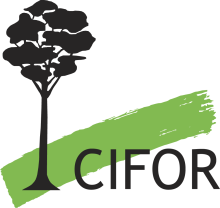Resource information
This paper reviews the effectiveness of the legal and institutional frameworks for promoting and regulating biofuel development in Indonesia. It provides an overview of the development of the oil palm biodiesel sector since 2006, following the implementation of dedicated biofuel policies and regulations. The paper examines production targets and evaluates their implementation. It also discusses possible reasons for the limited realisation of biofuel targets and explores the unintended consequences of legislation. Findings suggest that biofuel development in Indonesia suffers both structural problems (e.g. insufficient land for feedstock, biofuel market instability, inadequate incentives) and political barriers (e.g. unclear land allocation policies, conflict over land, local power structures that require the investment of time and resources). Feedstock plantations, notably oil palm, are associated with a number of problems, such as deforestation and shifts in land ownership structures – largely as a consequence of inadequate laws and enforcement. To ensure the sustainability of biofuel development in Indonesia more effective collaboration across administrative structures and improved enforcement of environmental protection and land regulations are needed.



